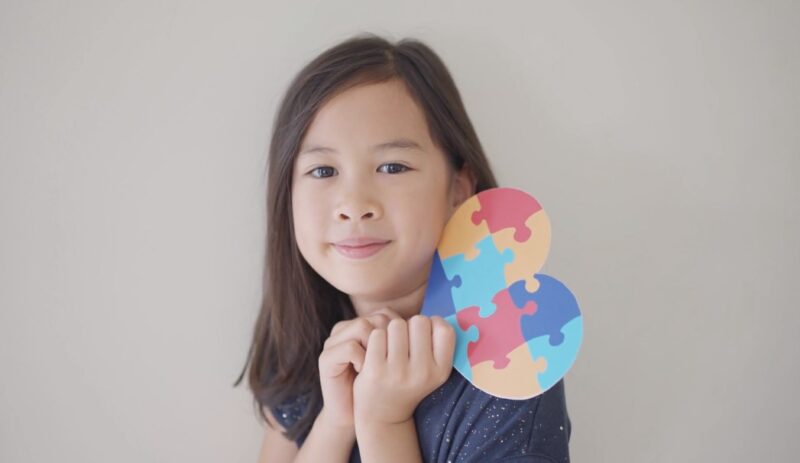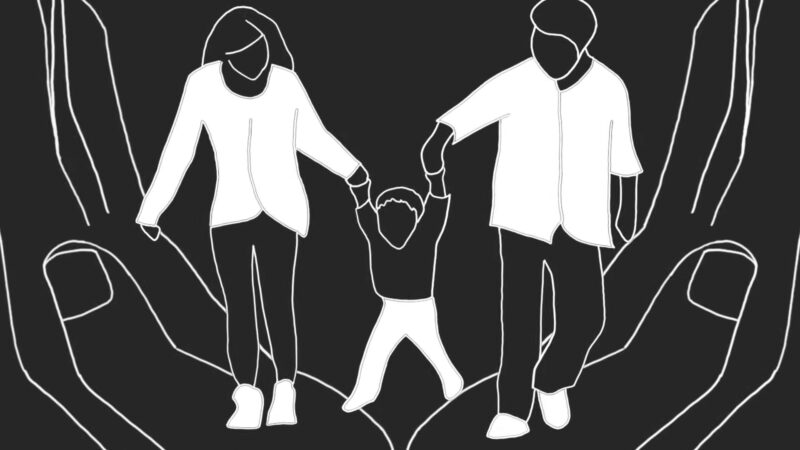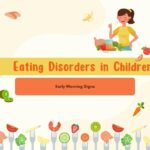Psychiatric disorders among children are a growing concern globally. The conversation surrounding mental health has been amplified over the years, shedding light on the importance of understanding and treating these conditions effectively. A contentious part of this dialogue is whether or not children should take psychiatric medications.
Understanding Psychiatric Disorders in Children

Before diving into the debate, let’s first establish a solid understanding of psychiatric disorders in children. Like adults, children can suffer from various mental health disorders, such as anxiety disorders, depression, autism spectrum disorder, attention deficit hyperactivity disorder (ADHD), and more. These conditions can severely impact a child’s daily life, affecting their academic performance, social interactions, and overall well-being.
While many factors contribute to these disorders, including genetics, environment, and personal experiences, research has shown that they often result from imbalances in brain chemistry. Psychiatric medications work by restoring these chemical imbalances, helping to alleviate symptoms and improve functionality.
The Debate Surrounding Psychiatric Medication for Kids
The question of whether children should take psychiatric medications is a hotly debated topic. Some argue that these drugs are necessary for managing severe symptoms and improving children’s quality of life. Others believe that the potential risks and side effects of such medications outweigh the benefits, especially considering the long-term implications on a developing brain.
The controversy is fueled further by differing philosophies about childhood and mental health, the medicalization of normal child behaviors, and the influence of the pharmaceutical industry. Moreover, the fact that many psychiatric medications used in children are ‘off-label’ – meaning they’re not formally approved for use in kids – adds another layer of complexity to the debate.
Potential Benefits of Psychiatric Medication in Children

When administered correctly under the guidance of a trained mental health professional, psychiatric medications can provide significant benefits for children with mental health disorders. They can help manage debilitating symptoms, making it possible for kids to function better at home, in school, and in social environments.
For example, stimulant medications have been proven to be highly effective in reducing symptoms of ADHD, such as inattention, impulsivity, and hyperactivity. Likewise, selective serotonin reuptake inhibitors (SSRIs) can help alleviate the symptoms of depression and anxiety disorders.
Moreover, these medications can sometimes be the most effective – or even the only – treatment option for severe cases where other interventions have failed.
Risks and Side Effects: The Dark Side of Child Psychiatric Medications
However, psychiatric medications are not without their downsides. They can come with a host of side effects, ranging from mild (such as headaches or stomachaches) to severe (including significant weight gain or loss, sleep problems, or increased thoughts of suicide).
Moreover, there’s a lack of long-term studies investigating the effects of these medications on the developing brains of children, leading to concerns about potential unknown consequences in the future. Plus, some critics argue that these drugs merely mask the symptoms without addressing the root causes of the mental health disorder.
Alternative Approaches to Child Mental Health

Given these concerns, many parents and professionals are looking to alternative approaches to manage child mental health. These alternatives could include psychotherapy, behavioral interventions, lifestyle modifications (such as improved diet, regular exercise, and adequate sleep), and complementary therapies (like meditation or yoga).
While these interventions may not always replace the need for medication, they can certainly complement it, providing a more holistic approach to treatment. Furthermore, for mild to moderate cases, these alternative strategies might be sufficient on their own.
Parents’ Perspective: Real-Life Experiences and Stories
Parents play a vital role in making decisions about their child’s mental health treatment. Their experiences and stories add a critical human element to this complex issue.
While some parents have seen dramatic improvements in their child’s behavior and quality of life with medication, others have experienced the negative side effects firsthand. Each story is unique, reflecting the complexity and individuality of a child’s mental health.
These real-life experiences underscore the importance of open dialogue, shared decision-making, and individualized treatment plans in managing child psychiatric disorders.
The Role of Pediatricians and Mental Health Professionals

Pediatricians and mental health professionals are instrumental in diagnosing and treating child psychiatric disorders. They have a responsibility to thoroughly assess each child, considering their unique symptoms, medical history, and personal circumstances before recommending treatment options.
Given the complexity of psychiatric medications, these professionals must clearly communicate the potential benefits, risks, and alternatives, enabling parents to make informed decisions. Moreover, they need to closely monitor children on these medications, adjusting dosages as necessary and watching for any adverse effects.
Tips for Parents: Making Informed Decisions about Child Psychiatric Medication
As a parent, deciding whether to medicate your child can be a daunting task. Here are a few tips to help you navigate this challenging process:
- Educate Yourself: Learn as much as you can about your child’s condition and the various treatment options, including potential benefits, risks, and side effects.
- Seek Professional Help: Consult with qualified mental health professionals. Don’t hesitate to ask questions or seek second opinions if necessary.
- Consider Your Child’s Unique Needs: Every child is different. What works for one might not work for another. Consider your child’s unique symptoms, circumstances, and responses to previous treatments.
- Monitor Progress: If your child is prescribed medication, keep a close eye on their progress. Note any changes in symptoms, behaviors, or side effects, and report them to the healthcare provider.
- Explore All Options: Don’t forget to consider alternative or complementary treatments, like therapy, lifestyle modifications, or mindfulness techniques.
The Future of Child Mental Health: Towards Safer, More Effective Treatment Options

As research advances, we are moving towards safer, more effective treatment options for child mental health. Future developments may include more precise diagnostic tools, personalized medicine based on genetic profiling, and new therapeutic techniques harnessing the power of technology.
Moreover, there’s a growing emphasis on early detection and prevention strategies aiming to reduce the prevalence and impact of psychiatric disorders in children. This proactive approach not only benefits the individual children affected but also has broader societal implications, contributing to healthier, happier communities.
Closing Thoughts
The question of whether kids should take psychiatric medication is a complex one with no one-size-fits-all answer. It requires careful consideration of the potential benefits and risks, individual child’s needs, and the latest scientific evidence.
While psychiatric medications can undoubtedly be a valuable tool in managing child mental health disorders, they are not the only solution. A comprehensive, holistic approach encompassing a range of treatment options—be it medication, therapy, lifestyle modifications, or a combination thereof – holds the key to improving a child’s mental health. In this endeavor, the role of informed, empowered parents and competent, compassionate healthcare professionals cannot be overstated.


